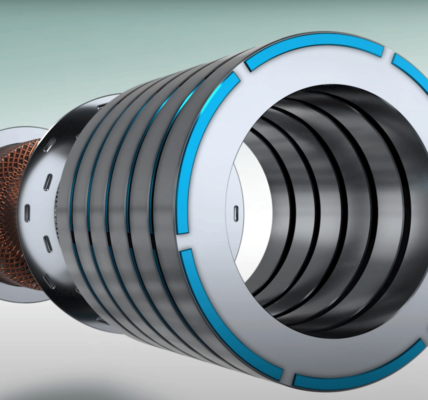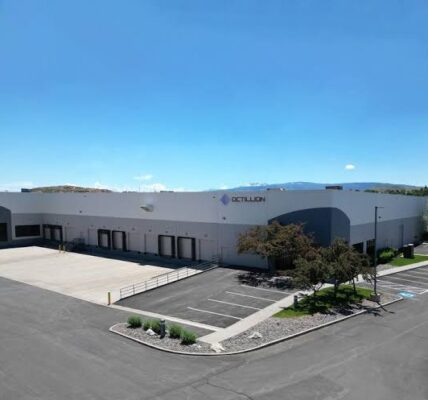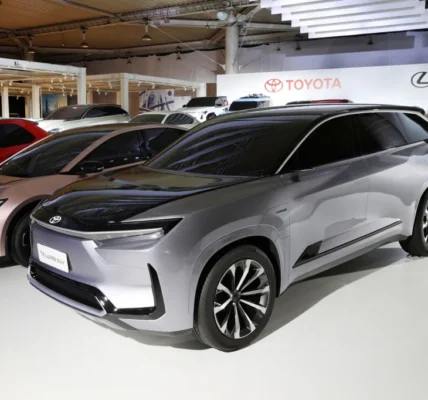American automaker Rivian has selected Chicago-based construction firm Clayco to build its $5 billion EV manufacturing plant in Stanton Springs, Georgia, according to a company press release.
The 1,800-acre complex will sit about 40 minutes from Atlanta, and will produce about 400,000 vehicles per year when fully complete, according Rivian. Clayco expects the plant to begin vehicle production in 2026, according to the contractor’s press release.
Georgia Gov. Brian Kemp announced the $5 billion campus in December 2021 as a sign of success in the state’s push to recruit the entire electric mobility ecosystem to the state. For example, other EV plant projects in the state include LG Energy Solution and Hyundai Motor Group’s $4.3 billion battery cell plant in Savannah, Georgia, as well as auto parts manufacturer Sewon America’s $300 million facility in Rincon, Georgia, to name a few.
To meet workforce needs, the state initiative Georgia Quick Start will establish and operate a manufacturing training center, offering Rivian a tailored training program aligned with the company’s startup requirements.
The Georgia Department of Labor will also collaborate with the automaker in identifying and recruiting skilled workers.The project marks Clayco’s continued involvement in the field of EV manufacturing construction.
In August, the firm kicked off phase one of a $4 billion VinFast EV manufacturing campus in North Carolina. That 3 million-square-foot plant, also spanning about 1,800 acres, consists of five main production areas, including a body shop, general assembly, press shop, paint shop and an energy center, according to VinFast.
Clayco expects that factory to start production in 2025, with a production capacity of 150,000 vehicles per year.








